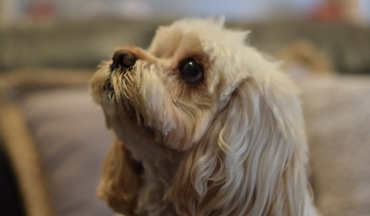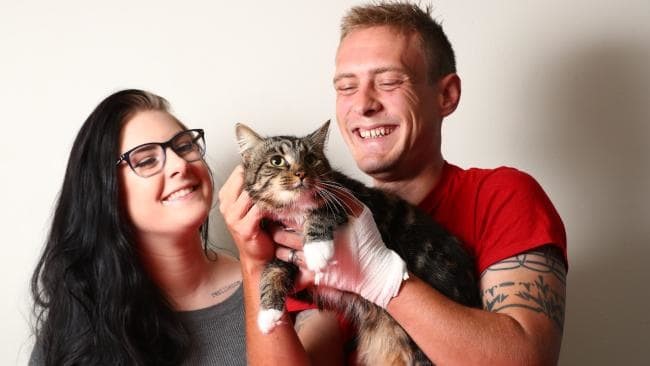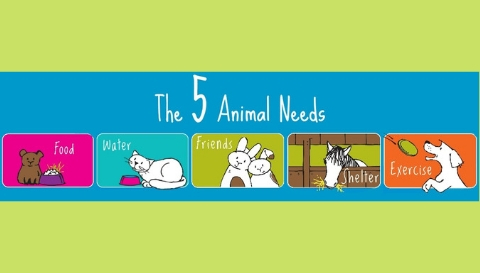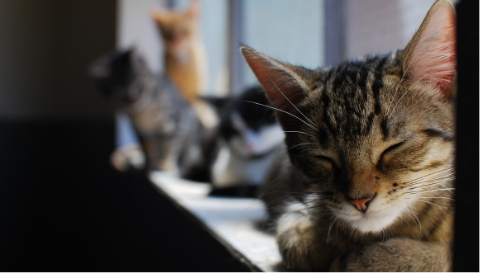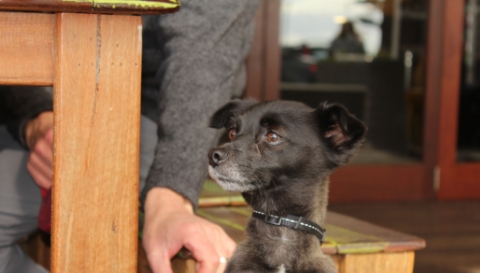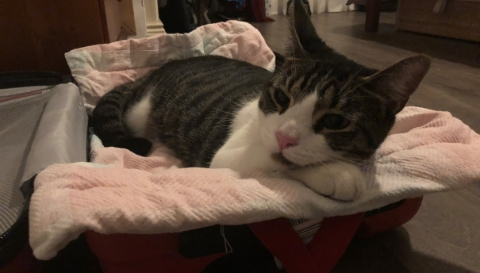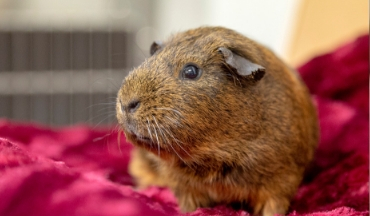Adopting a Companion Animal
If you are like most of us here at RSPCA, falling in love with an animal is easy. Adopting an animal, however, is a big decision. Dogs, cats and small animals are living beings with needs, wants and feelings, just like you and I. They require a considerable amount of time, money and commitment — over 15 years worth in many cases. Animal guardianship (ownership) can be a wonderful experience and very rewarding, but only if you think through your decision very carefully before you adopt. These questions about animal guardianship may help you with your decision.


































